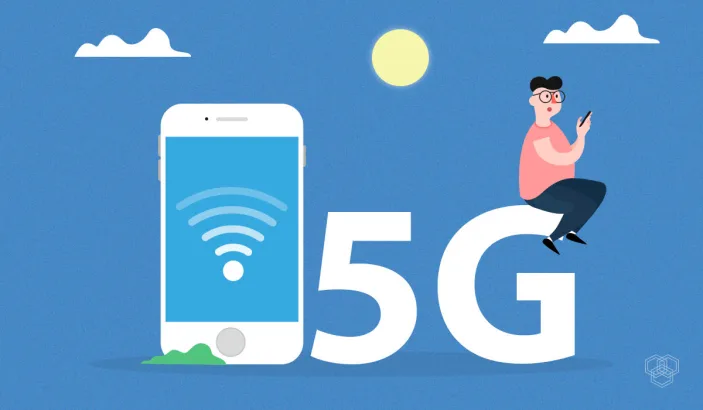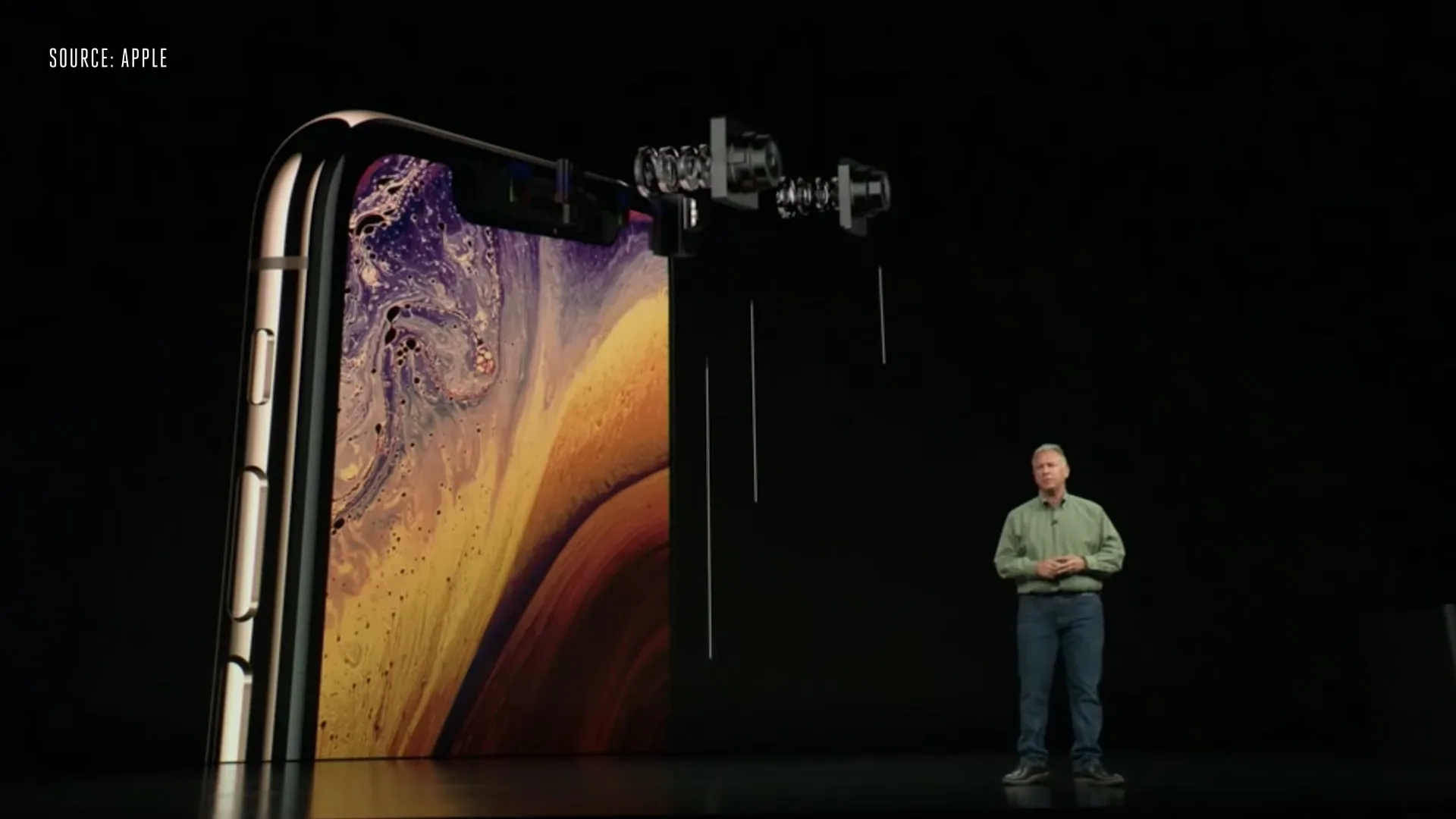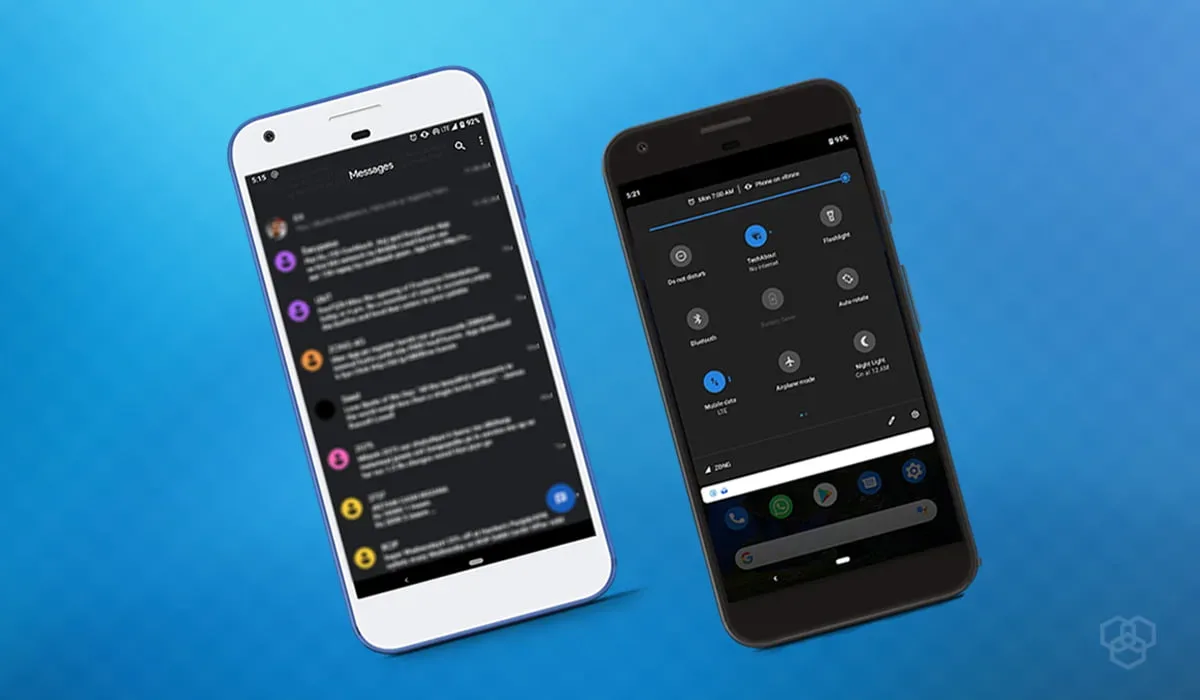There’s been a great deal of confusion over the rollout of 5G all over the world. Communications companies such as AT&T are partly to blame for this since they are trying to market networks and devices to customers that are not yet capable of 5G connectivity but carry the 5G label.
In order for 5G to mean anything to customers, companies must first install new infrastructure next to the existing 4G that they just recently built. Then, customers will need new phones and tablets that they can access this infrastructure. This means that most of us are further away from adopting the new technology that we realize.
But with Samsung, HTC, and Motorola all marketing upcoming 5G phones, customers are wondering if 2019 is the time to upgrade. If faster speed and lower latency times are just ahead of us, should we start stocking up on compatible devices so we don’t miss out on the next great stage in wireless?
The answer is probably not.
5G cellular networks will introduce mmWave (or “millimeter wavelength”) technology. This tech taps into a different range of radio frequencies in the electromagnetic spectrum than we currently use. Our current 4G LTE networks, for example, operate in the 450Mhz to 5.9GHz range. 5G will operate in the 24GHz to 90GHz range.
But there’s a reason we don’t have anything going on in this range. According to tech writer Brendan Hesse:
“…mmWave frequencies suffer from reception issues and can be blocked by your hand, walls, tall trees, and even bad weather. In fact, certain wavelengths can even be absorbed by oxygen in the atmosphere.”
If you thought your current wifi was annoying on a windy day, this should make your heart sink.
Of course, the whole point of developing this technology is to make sure it’s better than this. That’s why we need to be careful about promising more than we can deliver right now.
If you’re looking to take advantage of mmWave technology, you’ll need to make sure your area will be outfitted with the new infrastructure, your network has access to the upgraded towers, and that you’ve purchased a compatible device. At the moment, there are lesser versions of 5G (if you even want to call it that) becoming available that phones and tablets can use, but you won’t get the speed of real 5G.
If you’re thinking of giving into the heavy marketing of 5G phones we’re all about to be subjected to and shelling out over $1000 for a device, it will be worth it to ask your carrier about the specifications of their new networks. Companies like AT&T will tell you they’ve got 5G, but they really only have amped-up 4G LTE equipment in place. Real 5G will likely have to wait for 2020 (and so will anyone who wants a 5G-compatible iPhone).
Consumers should also think about the waste involved in replacing their phone if they have a current 4G LTE model. These will likely be just as capable of accessing many of the new sub-5G networks.
Another question to ask yourself if you’re thinking of upgrading is how much speed you actually need. Are you really that inconvenienced by latency while streaming Netflix? Perhaps, but it’s likely that if a few seconds of buffer time drives you crazy, you’re just as likely to get annoyed at 5G when it’s not giving you ideal service (because who gets ideal service 24/7?).
It’s also wise to consider just how much you rely on the long life of your battery to keep you unplugged throughout the day. We don’t know for sure yet, but many have guessed that the extra pressure and bigger chips 5G requires could make batteries smaller and less efficient. Of course, phone marketers have made promises of batteries that last an entire month.
The cost of the phone won’t be the only financial factor either. Once you can stream more data, for longer and at faster speeds, you probably will, and this can drive up your phone bill, depending on your plan. Most likely, the cost of the new infrastructure will be passed on to consumers whether we’re using it or not, so perhaps everyone should expect to see an increase in their bills.
Finally, don’t get all of your information from the people trying to sell you 5G service and associated devices. They will tell you anything. As far as we know, there are likely to be signal issues with the new ranges 5G will operate in. That means any upgraded phone you buy will have to have multiple internal antennas – unless you enjoy looking like a 90s version of yourself wandering around to find the best phone signal.
At the end of the day, unless you need to be on the cutting edge, it’s probably wise not to be a beta tester for this new tech. It’s going to go through some growing pains and early adopters are going to get a frustrating front row seat to that show. The wise consumer will wait it out at least another year.






Share Your Thoughts